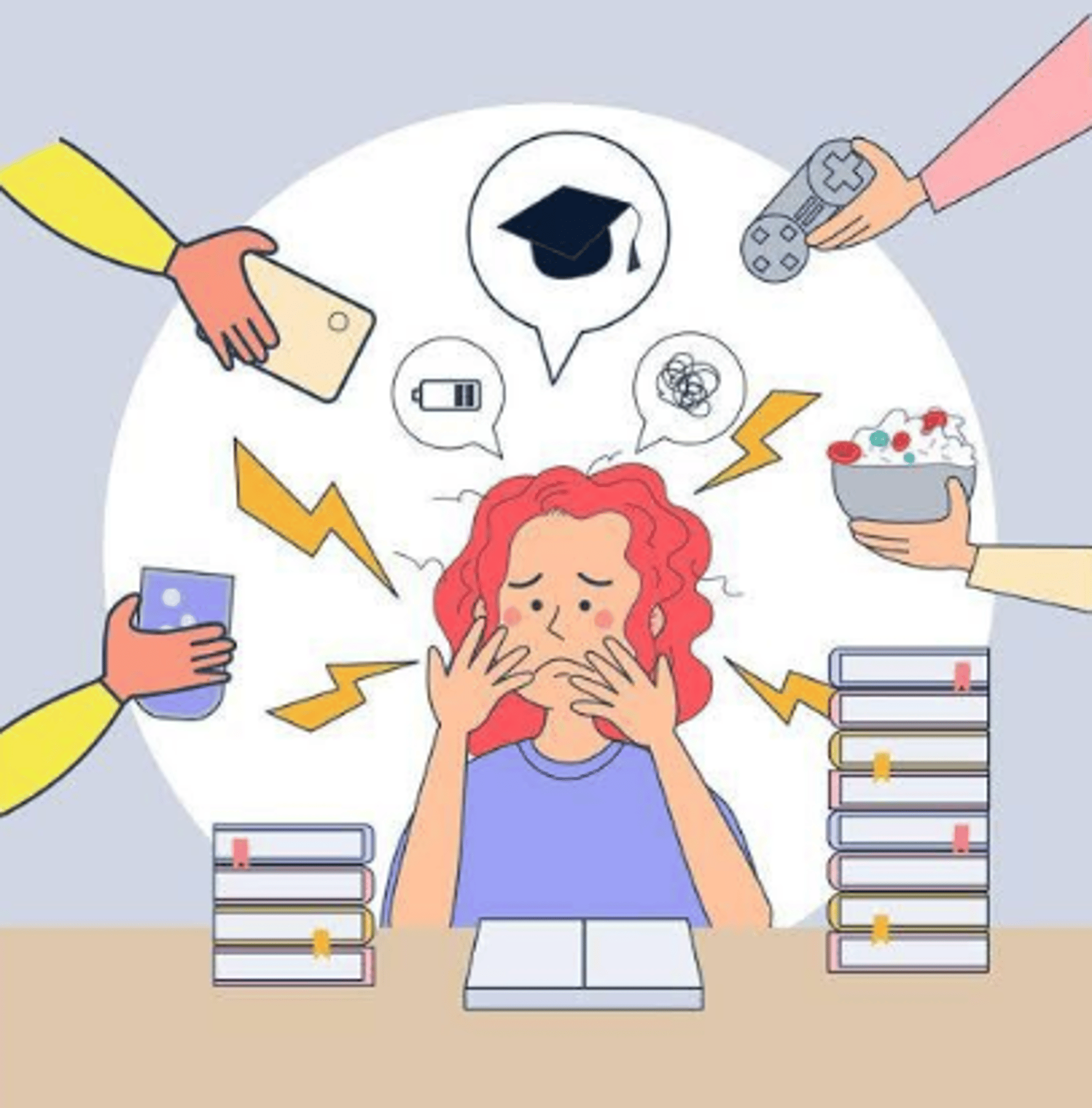Depression causes and symptoms
11/12/20202 min read

Depression is the leading cause of disability and it afflicts over 10% of world population, but we as a society know little about it.
Depression is a disorder of thoughts, behaviour and feelings,Because it is a mental illness, it can be harder to understand than symptoms like fever, vomiting or high cholesterol
Almost everyone feels down from time to time getting a bad grade, losing a job or having an argument.
Even rainy day can bring on feeling of sadness sometimes there is no trigger at all. Pop's up out of the blue and those sad feelings disappear.
Clinical depression is different, it is a medical disorder and it won't go away just because you want it to. It lingers for at least two consecutive weeks and significantly interface with one's ability to work
Depression can have a lot of different symptoms
1 Constant feelings of sadness, anger, guilt and hopelessness.
2 loss of interest in things you would normally enjoy
3 change in appetite
4 social withdrawal
5 sleep problems
6 poor concentration and lack of energy
7 thoughts of suicide
8 restlessness or slowness
If you have atleast 5 of these symptoms, according to psychiatry guidelines, you qualify for a diagnosis of depression.
It is just not an behavioural symptoms, depression had physical manifestations inside the brain.
It seems like someone who depressed has decided to be lazy and sleep all day or they have decided to stop spending time with friends.
On a more micro scale:- depression is associated with a few things , the abnormal transmission or depletion of certain neurotransmitters.Especially serotonin, narepinephrine and dopamine. Blunted circadian rhythms or specific changes in the REM and slow wave parts of your sleep cycle and hormone abnormalities.such as high cortisol and deregulation of thyroid hormones.
It seems to have to do with a complex interaction between genes and environment, but we don't have diagnostic tool. That can accurately predict where or when it will show up And because depression symptoms are intangible, it is hard to know who might look fine and who is actually struggling.
Depression is not a weakness or personality trait it is a medical condition just like asthma or diabetes
Some researches shows that asking someone about suicidal thoughts actually reduces their sucide tendency,
open conversations about mental illness help erode stigma and make it easier for people to ask for help and more patients seek treatment
The more scientists will learn about depression and better the treatment will get.
